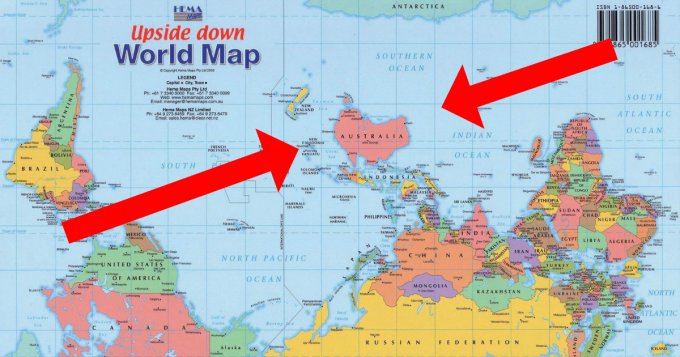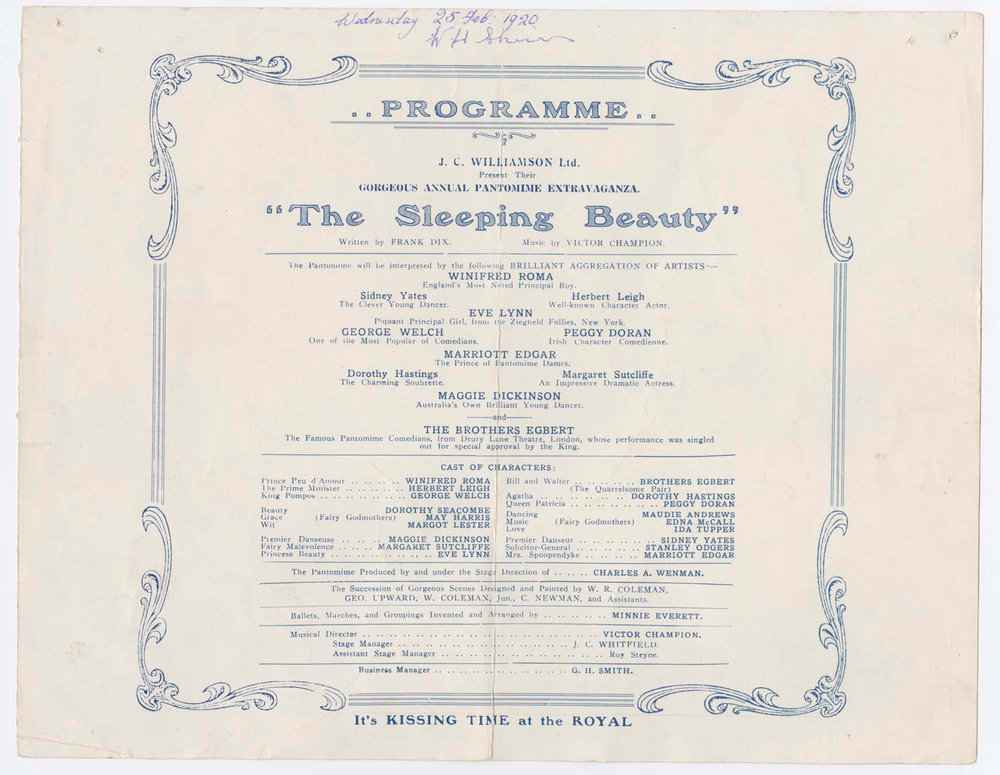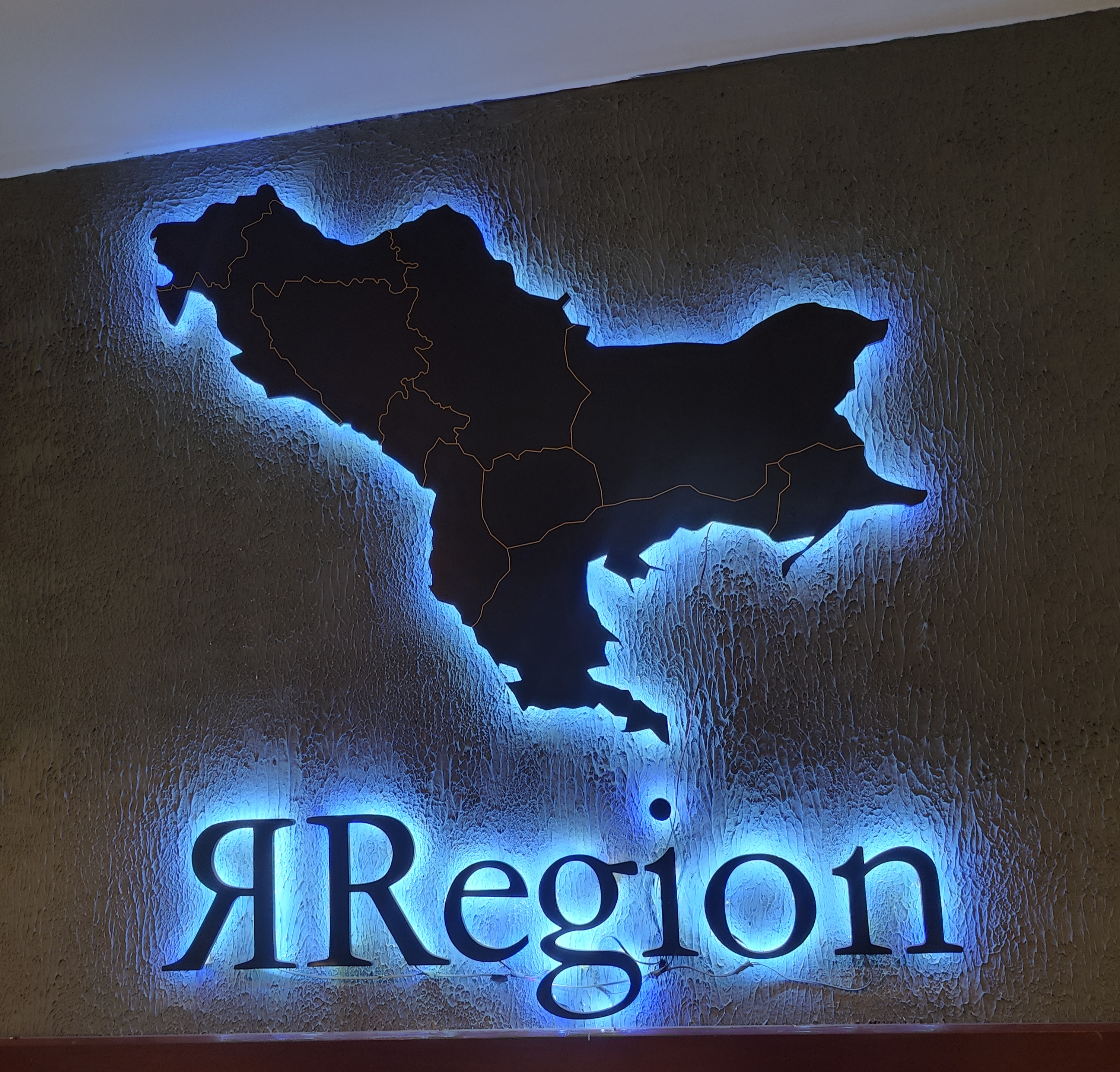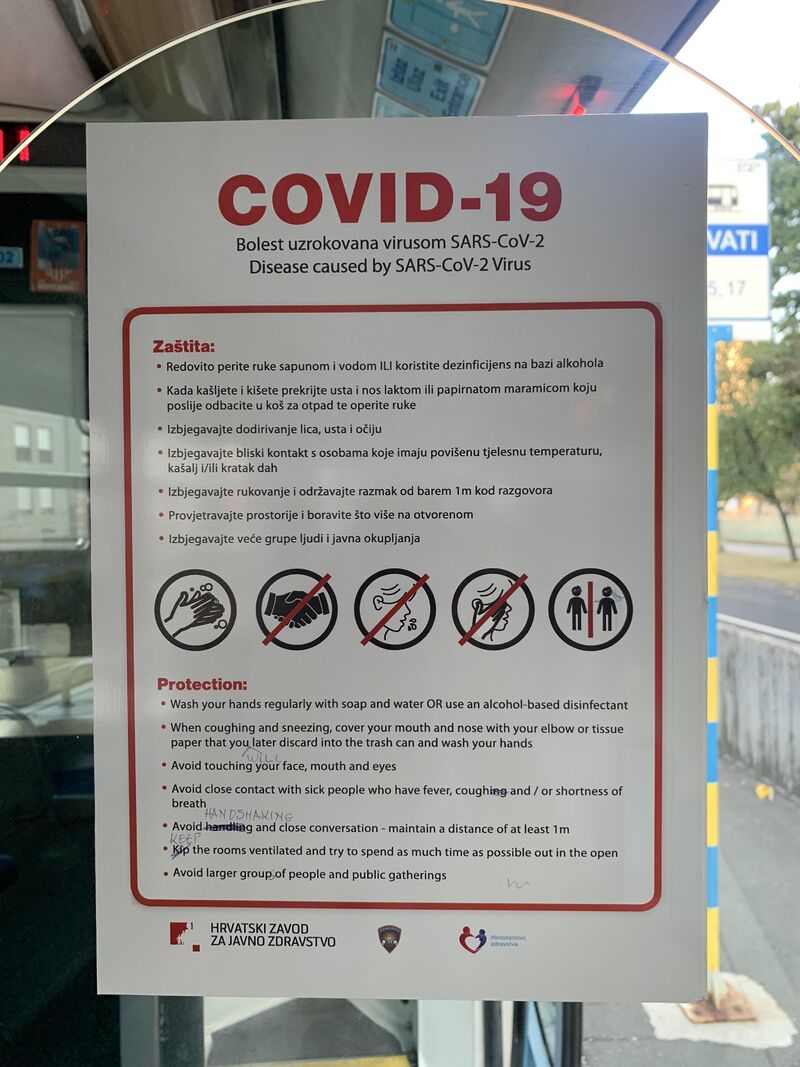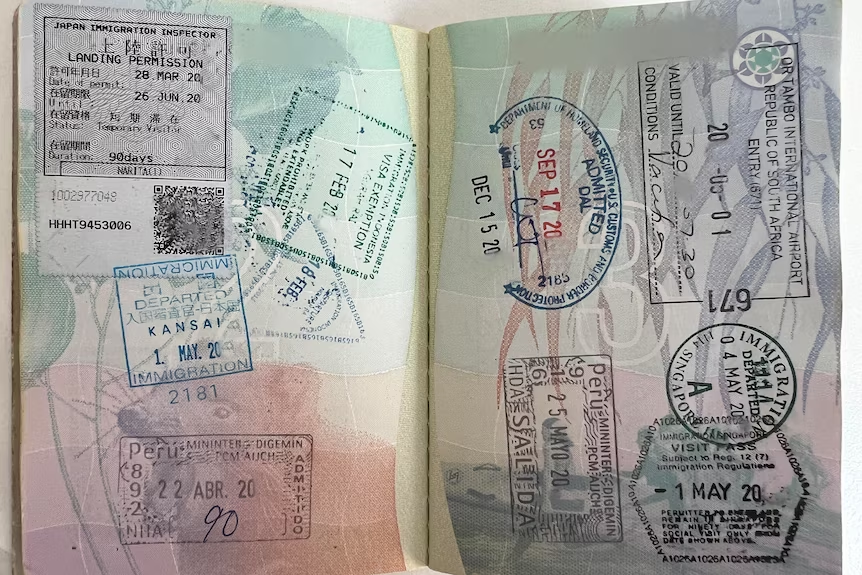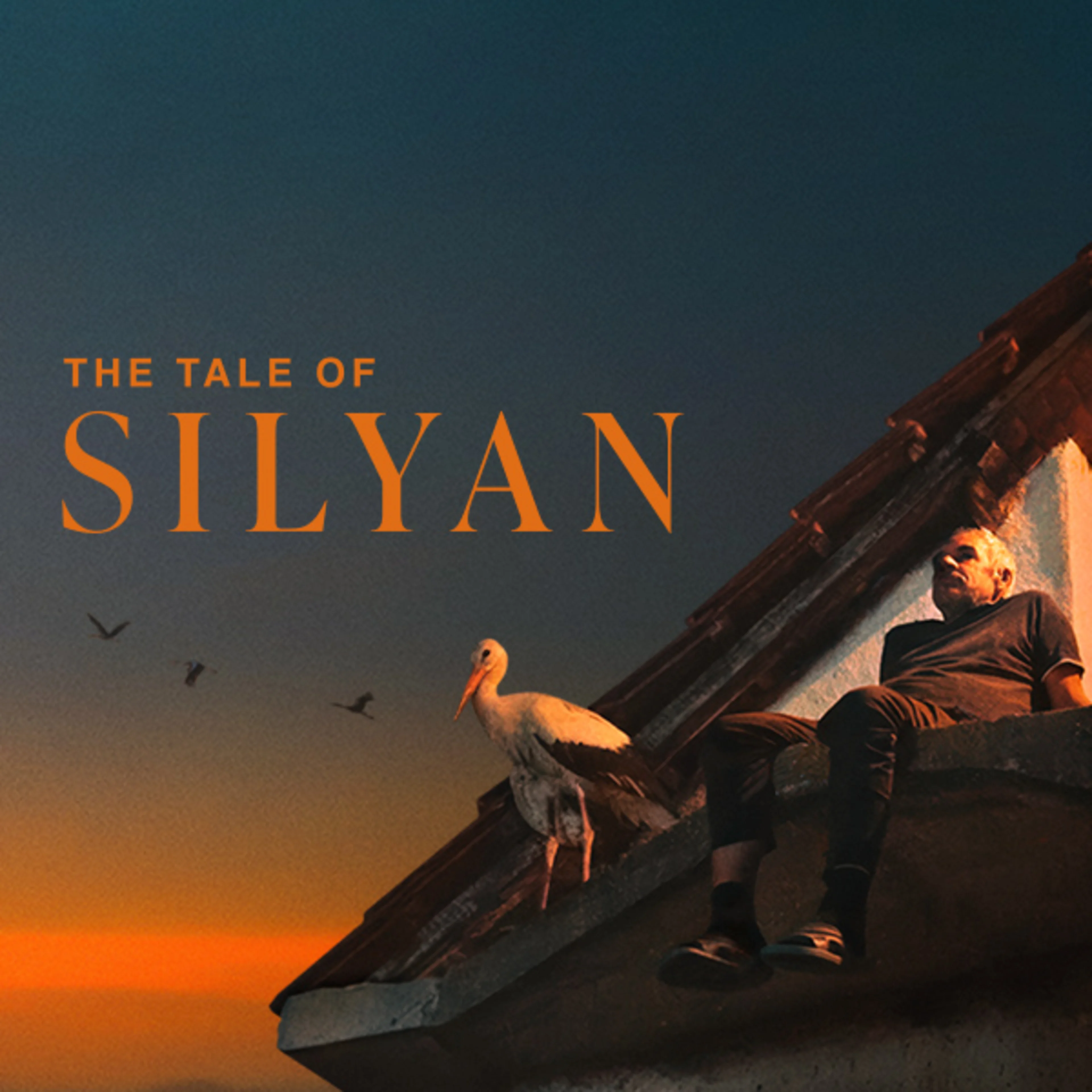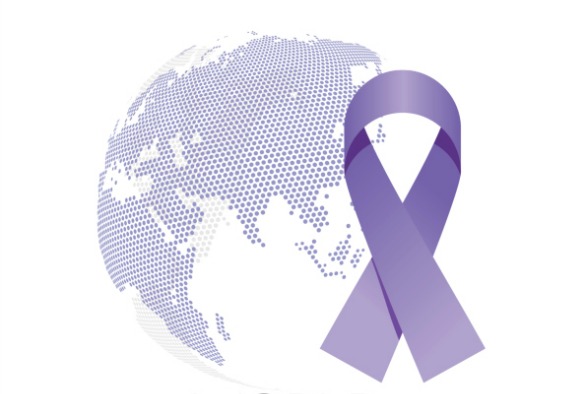Last Friday, 15 August, was the 80th anniversary of the end of World War II in the Pacific. A big day in Australia as it was in this theatre that the bulk of Australia's "diggers" (soldiers) fought.
However, what this day is called differs between countries...
⚔️ Australia calls it "Victory in the Pacific Day" i.e. "VP Day" (never with a hyphen)
⚔️ In many other countries, including the UK, it's "Victory over Japan Day" i.e. "V-J Day" or "VJ Day"
This was the latest in my never-ending adventure of discovery of differences in my native Australian from other forms of English. On the day I was in the UK and going around casually mentioning "VP Day" as you would in Australia, only to get some confused faces until one friend asked "don't you mean V-J Day?"
And a quick look on the net confirmed this. All of the Australian news sites, plus those of the Australian Defence and Veterans Affairs Departments, clearly made reference to VP Day, while all the UK sites mentioned it was VJ Day.
And the reasoning for Australia's use of "VP Day" is that if the day for the earlier WWII victory in Europe is universally known as "Victory in Europe Day" i.e. "VE Day", then it's only logical that the day for the later victory in the Pacific be called "Victory in the Pacific Day". I mean, we don't have a "Victory over Germany Day" or "VG Day", so why have then a "Victory over Japan Day"?
Goes to show that differences between English variants and dialects can appear unexpectedly anywhere, even for historic international events.
And to help you wade through these unexpected differences so that you can connect with your Australian audience and get a greater return in your investment, then contact me! It's as simple as emailing me at info@nicknasev.com.
Lest we forget!
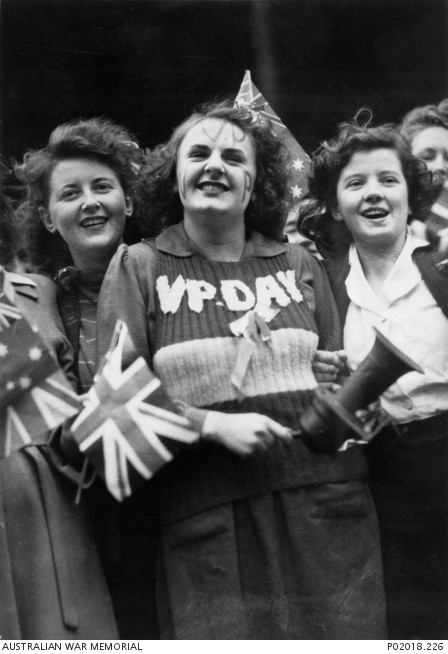


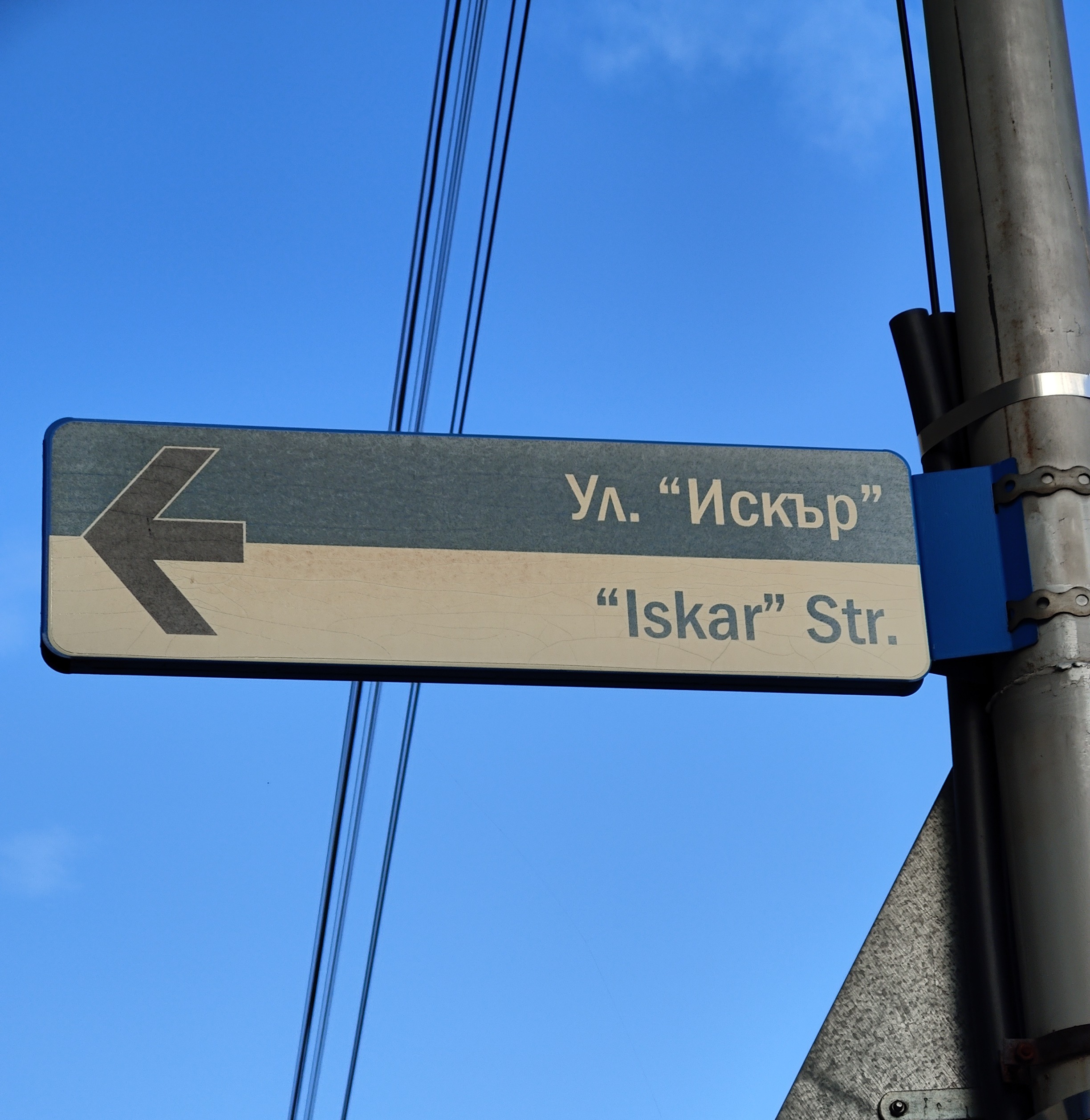







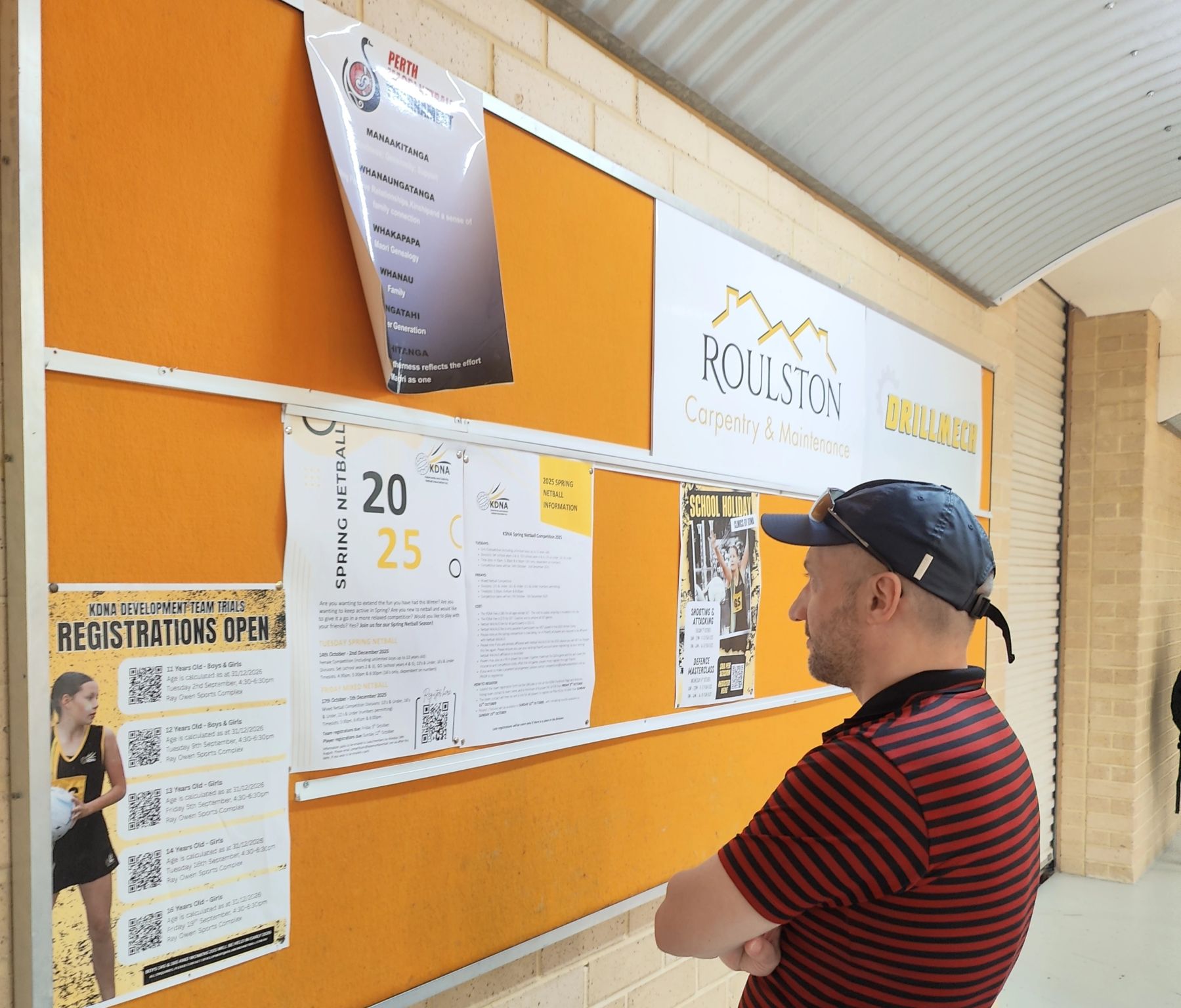
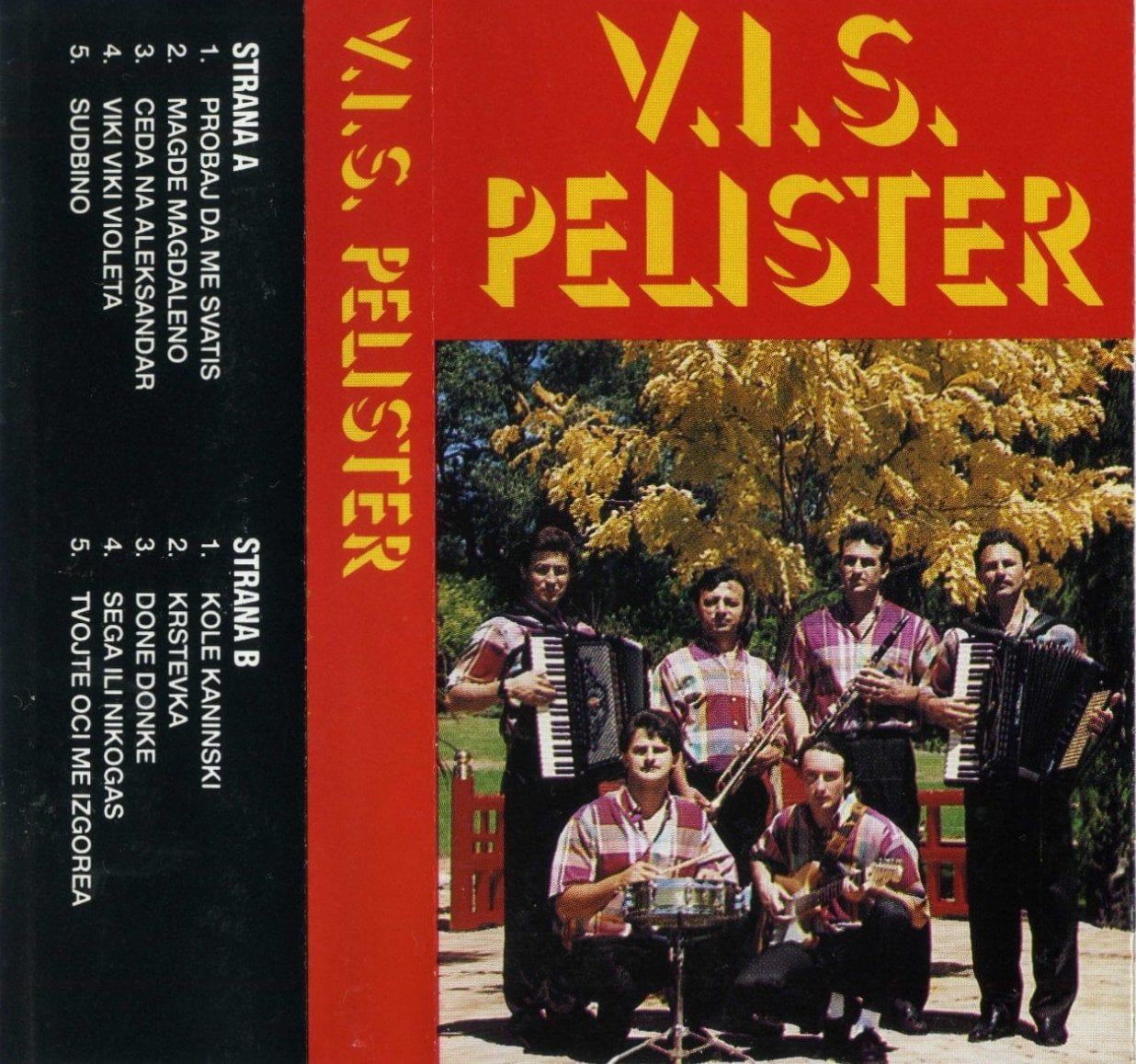








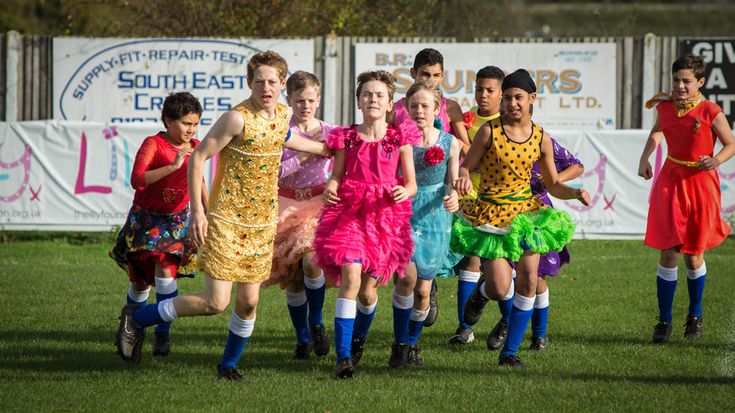

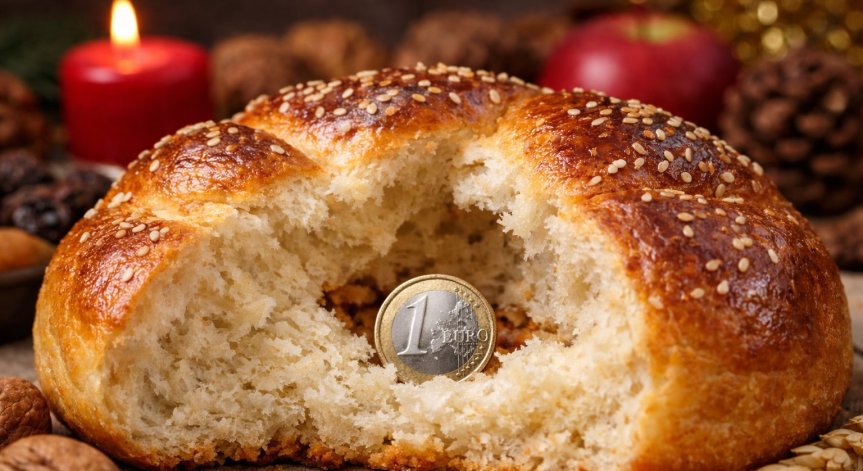



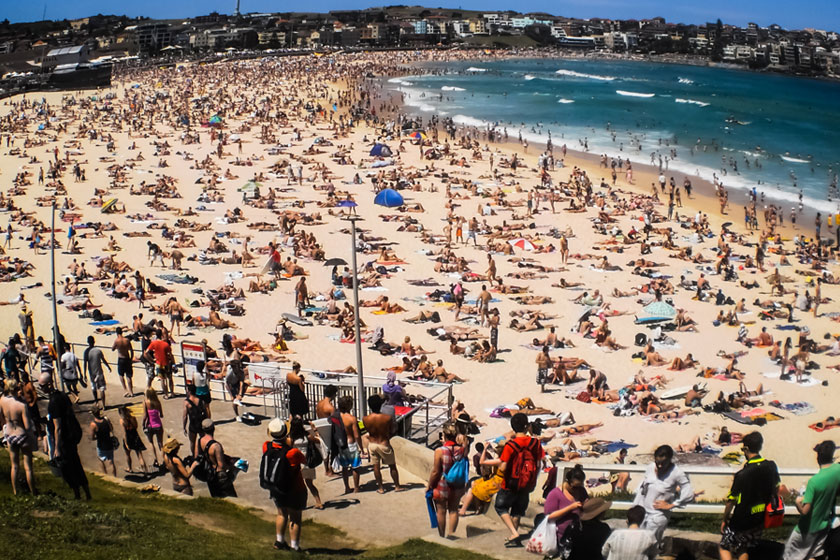
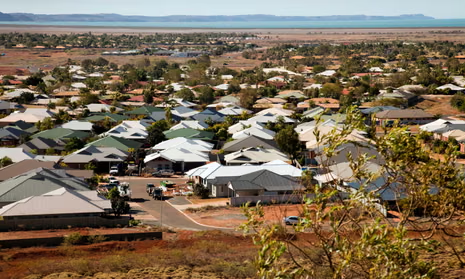
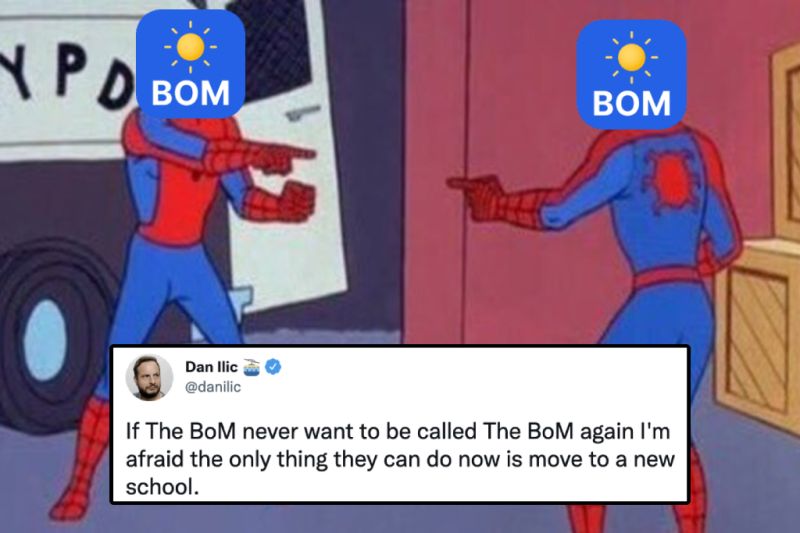
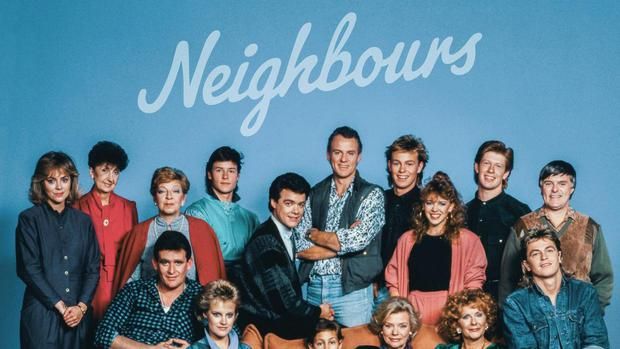




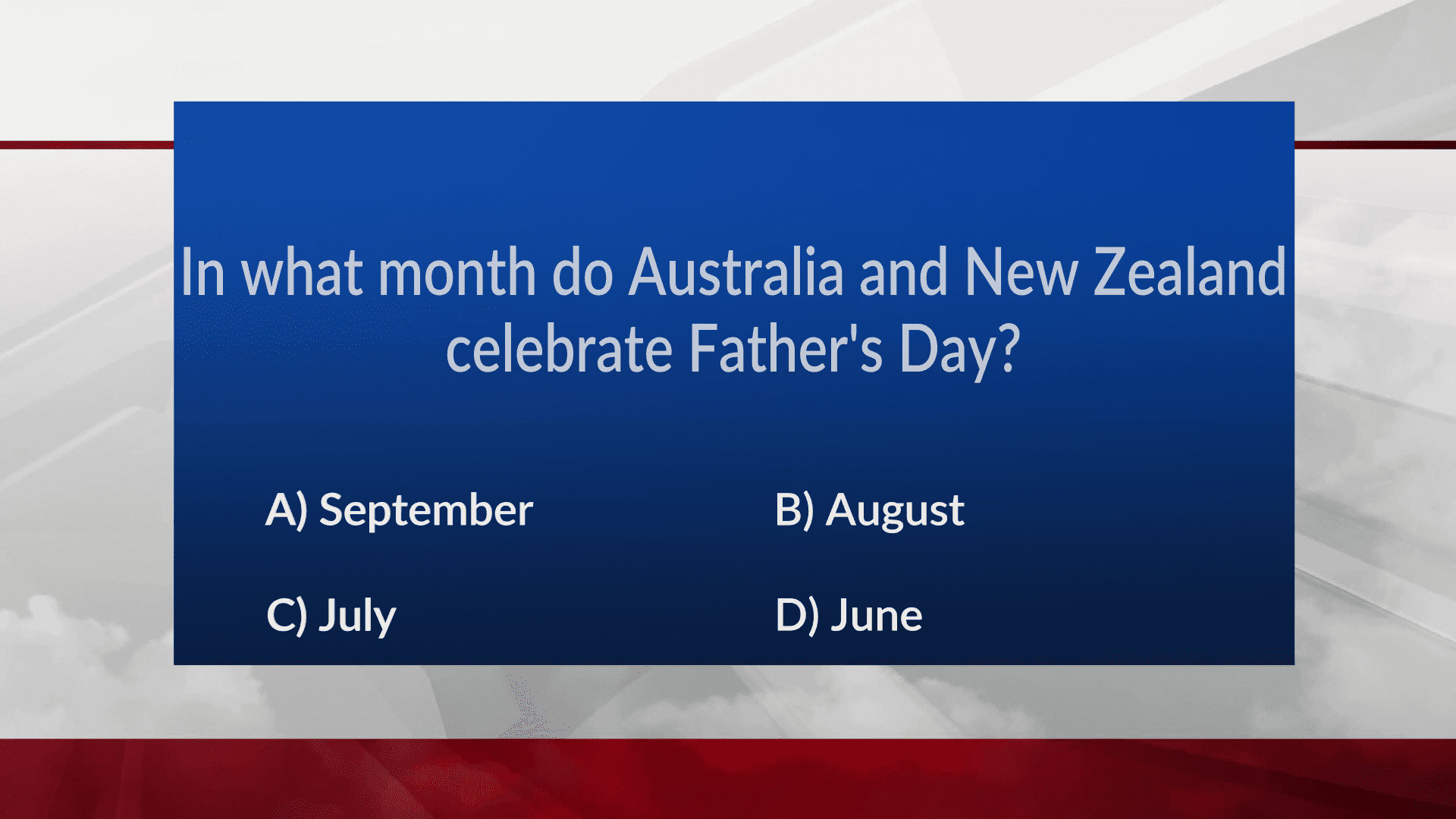





















































.%20A%20day%20of%20campaigning%20%E2%99%80%20%E2%80%A6%20or%20a%20day%20to%20buy%20flowers%20%F0%9F%92%90.jpg)
